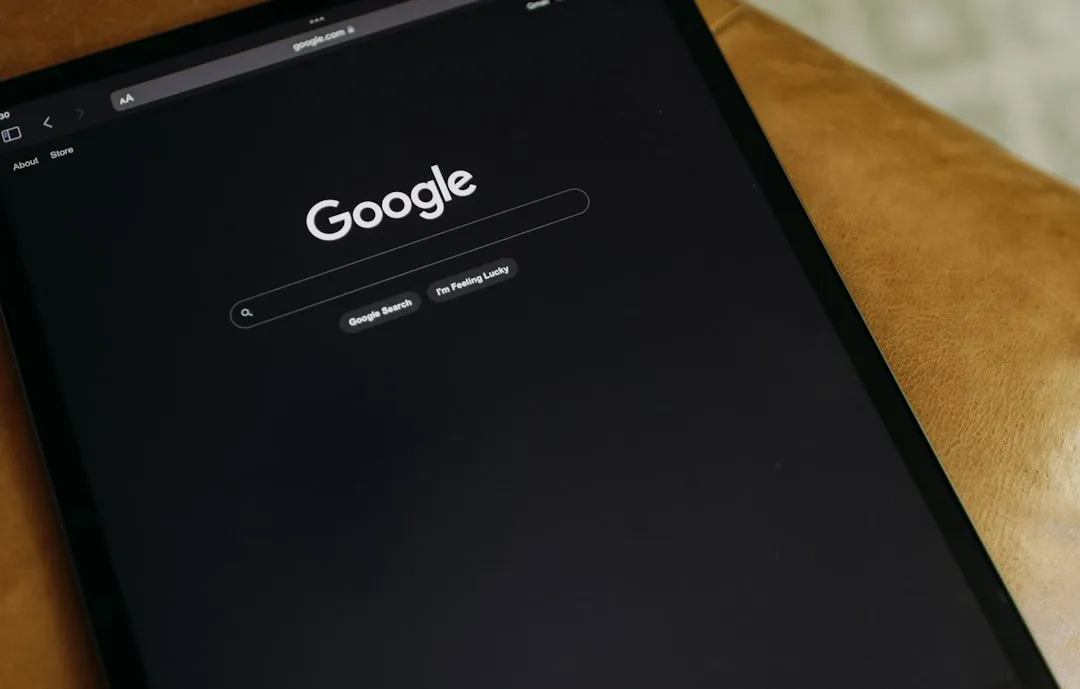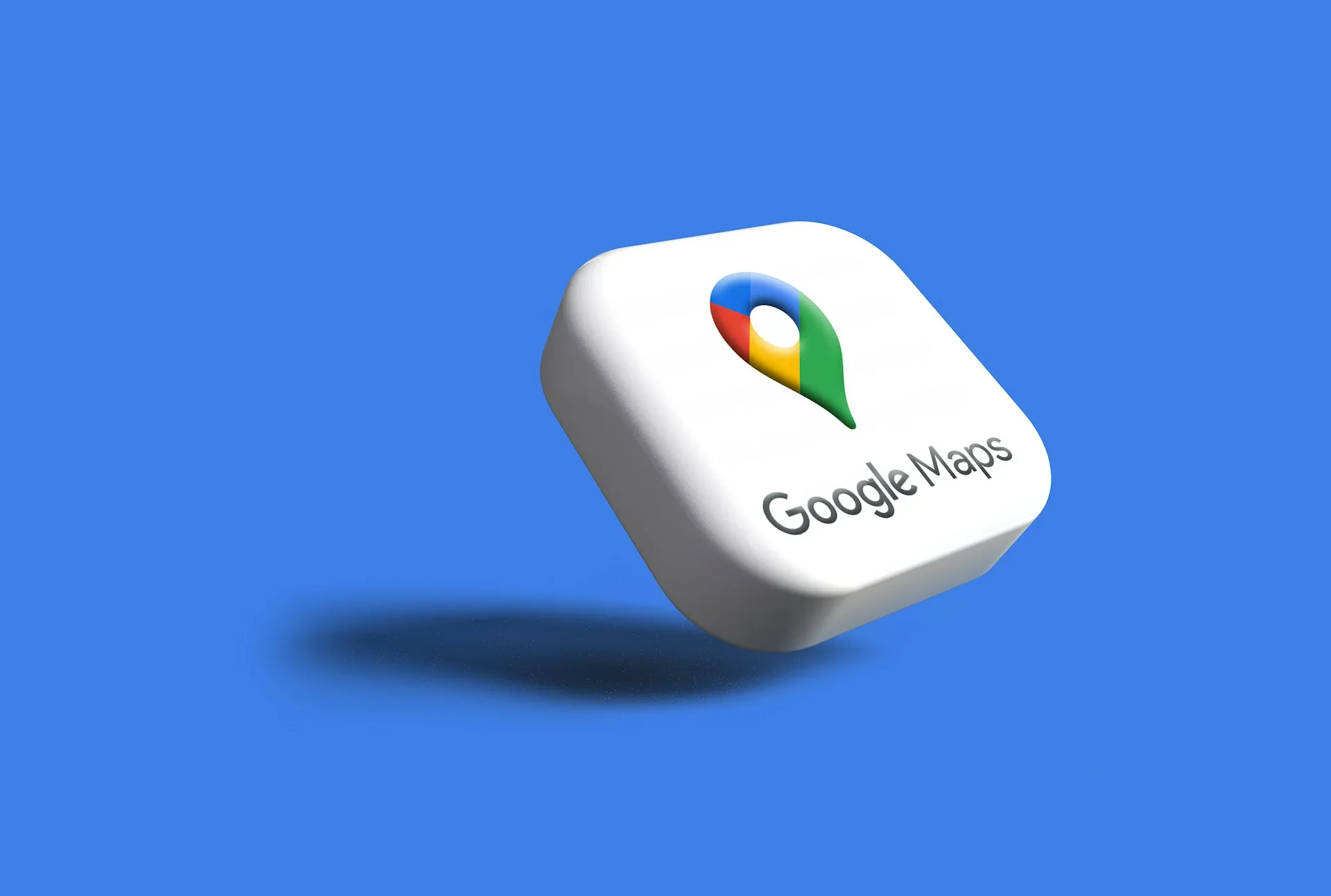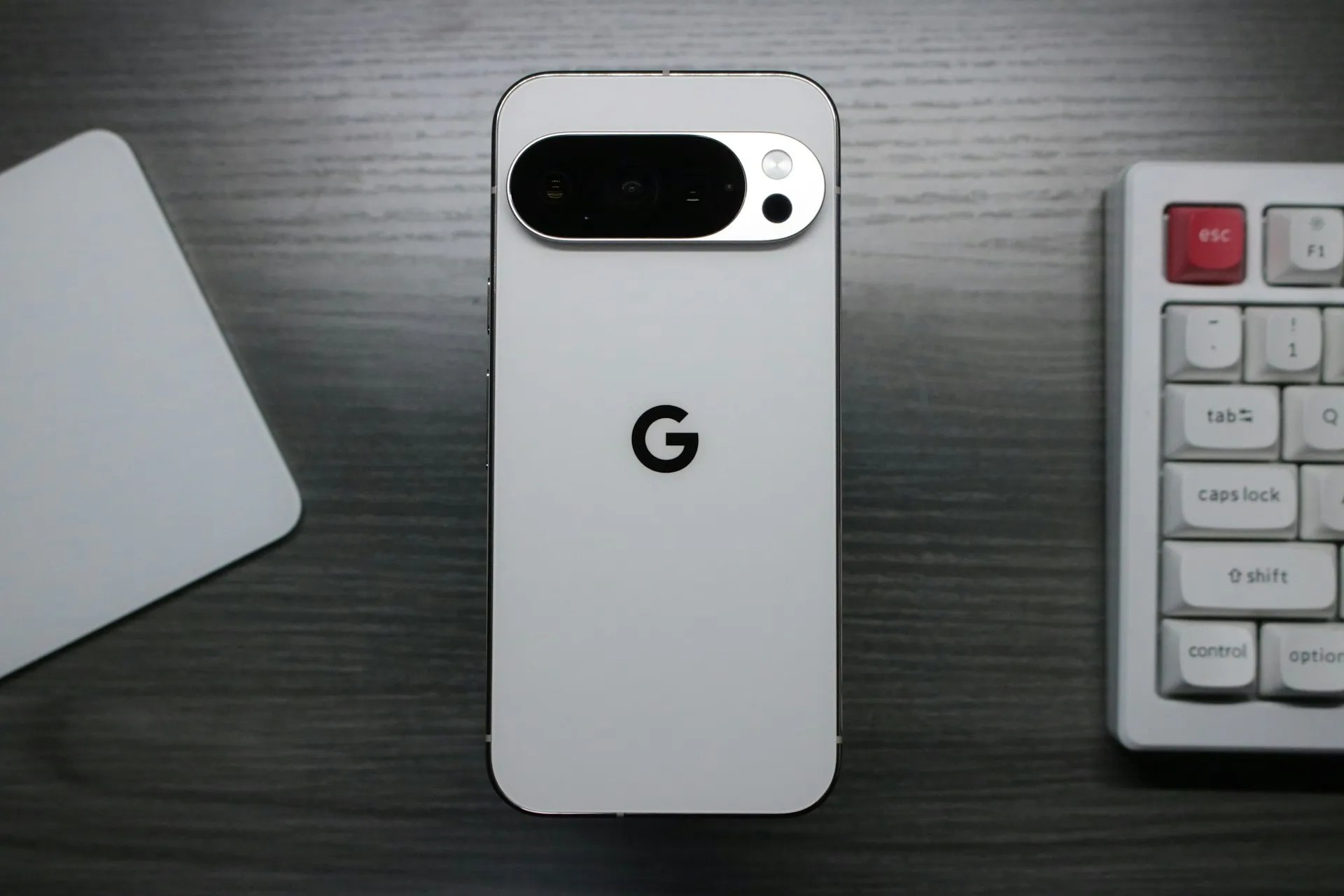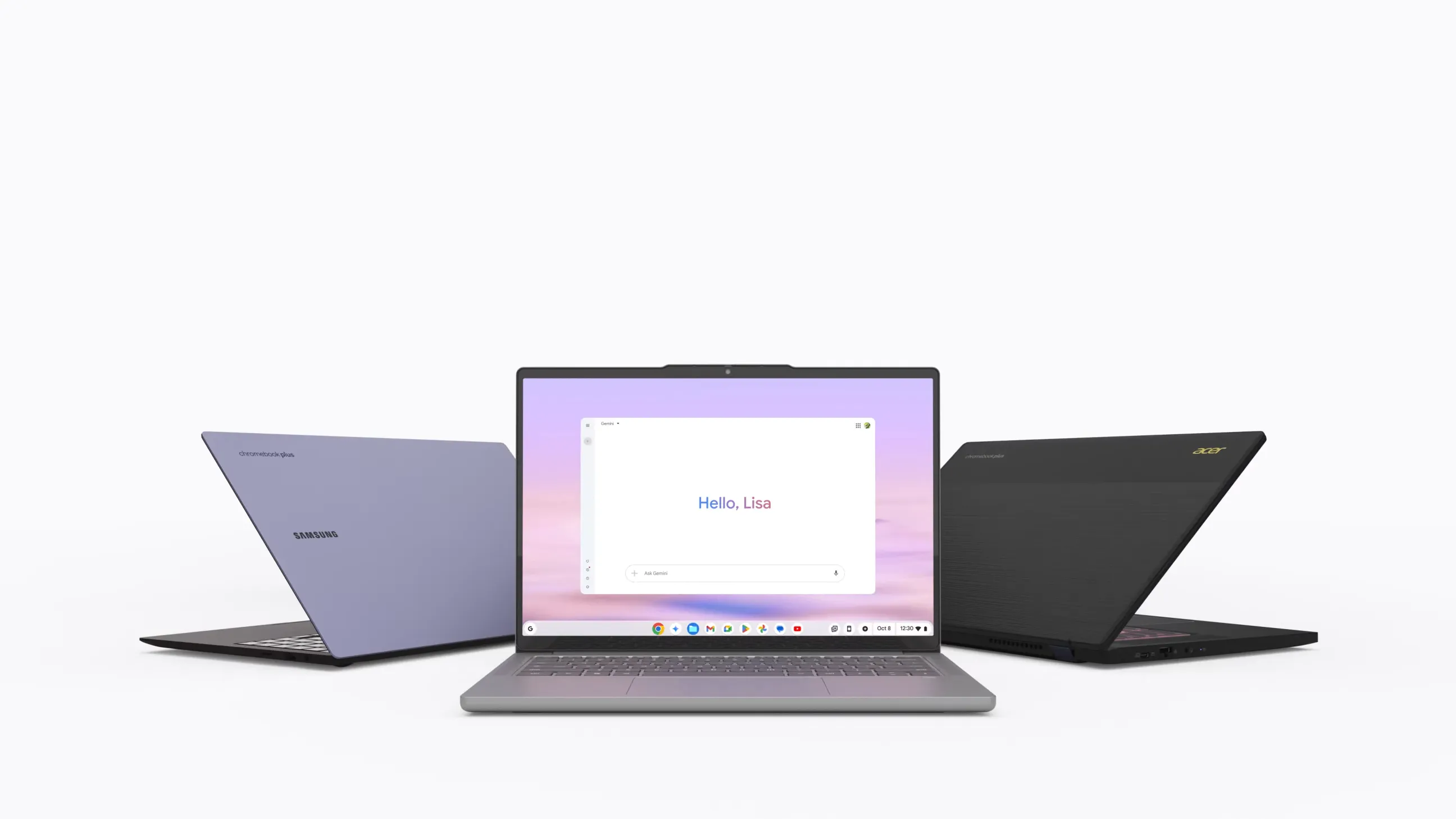Samsung's new Galaxy S8 can turn into a PC with its DeX dock, but while that may sound like the future of mobile computing on the surface, there are definitely a few issues with the entire setup.
The Samsung Desktop Experience (DeX) dock was debuted alongside the Galaxy S8 on Wednesday, and is said to "combine the versatility of a smartphone with the productivity of desktop." Users insert the phone into the DeX station, which is then connected to any supported display with an HDMI port. A keyboard and mouse can then be connected, and once everything is in place, Android apps will run in separate windows on the display.
DeX, which costs $150 and will be available in late April, supports any full HD monitor with a 16:9 aspect ratio, and the keyboard and mouse can be connected with Bluetooth or RF. The dock sports two USB ports and an Ethernet outlet, and it even has a cooling fan to keep the Galaxy from overheating when you're using Android apps.
In a statement, Injong Rhee, CTO of the Mobile Communications Business at Samsung Electronics, said:
Our collaboration with key partners such as Adobe and Microsoft was essential in the development of Samsung DeX, as they share our vision for building excellence in mobile productivity. With Samsung DeX, enterprise users can also be assured their smartphone and data are protected by the Samsung Knox security platform built into the smartphone. Samsung DeX redefines what a smartphone can do to keep mobile professionals productive."
If you buy the hype, this thing sounds like a miracle device—a dock that transforms your smartphone into a functional and secure desktop. But if you start looking closer, there are a good handful of shortcomings that might very well prove to be dealbreakers. Here are a few issues with the DeX dock that we've identified so far.
No Desktop Browser
The desktop mode on this device looks similar to Chrome OS, but alas, it isn't. The Adobe Creative Suite and Microsoft Office apps work okay, but their appearance on the big screen is not ideal. Indeed, a lot of them look really stretched, because Android apps just aren't optimized for this layout.
Again, though, if you're only listening to Samsung, you'd think these apps were perfectly optimized.
Key collaborations with Microsoft and Adobe provide Samsung DeX compatibility with Microsoft Office applications like Word, Excel and PowerPoint, and Adobe mobile apps including the Adobe Acrobat Reader and Lightroom mobile apps. These applications provide desktop-like functionality and a user interface previously unavailable from a smartphone."
The issue with DeX is the fact that these are not the actual apps people would have on a PC or Mac, unless you go to the bother of streaming them from your real PC (more on this later), which renders the exercise kind of pointless.
System Issues
Any app updated for Nougat should work with DeX, but Samsung is doing the windowing itself via its own system. Ultimately, this means that app windows disappear when you disconnect the Galaxy from its dock, but they don't come back up once the device is plugged back in.
VMware is being employed by Samsung to bring real Windows desktop apps to DeX. This is powered by an app that streams a virtual session of programs from your Windows PC, so an internet connection is obviously required. But connection reliability is vital to how well the apps stream, so it's likely that many users won't have a local network powerful enough to stream these apps flawlessly.
It's Not a Mac or PC
Put simply (and harshly), nobody really wants a phone/desktop hybrid when there are tablets, laptops, desktops, and phones in existence. And Samsung isn't the first to try this out—others gave it a go, like Motorola's Atrix 4G Lapdock and Microsoft's Continuum for Windows 10 phones, but were also inhibited by this fact.
All told, it will be a miracle if Samsung can succeed where even Microsoft failed, but of course, the fate of DeX remains to be seen.
- Follow Gadget Hacks on Facebook, Twitter, Google+, and YouTube
- Follow Android Hacks on Facebook, Twitter, and Pinterest
- Follow WonderHowTo on Facebook, Twitter, Pinterest, and Google+
Cover image by Samsung Newsroom/Youtube


























Comments
Be the first, drop a comment!